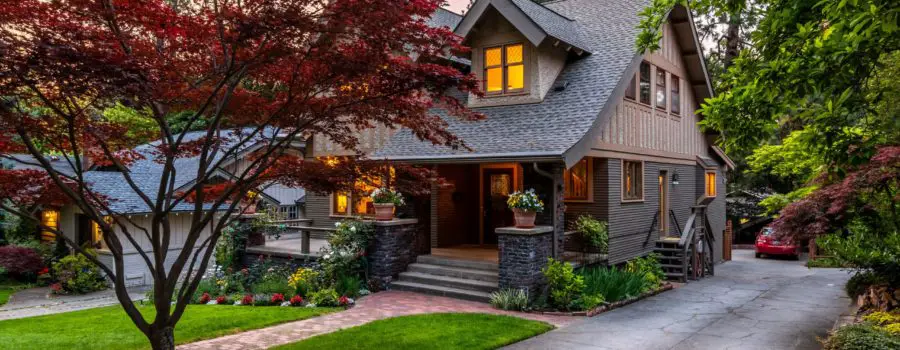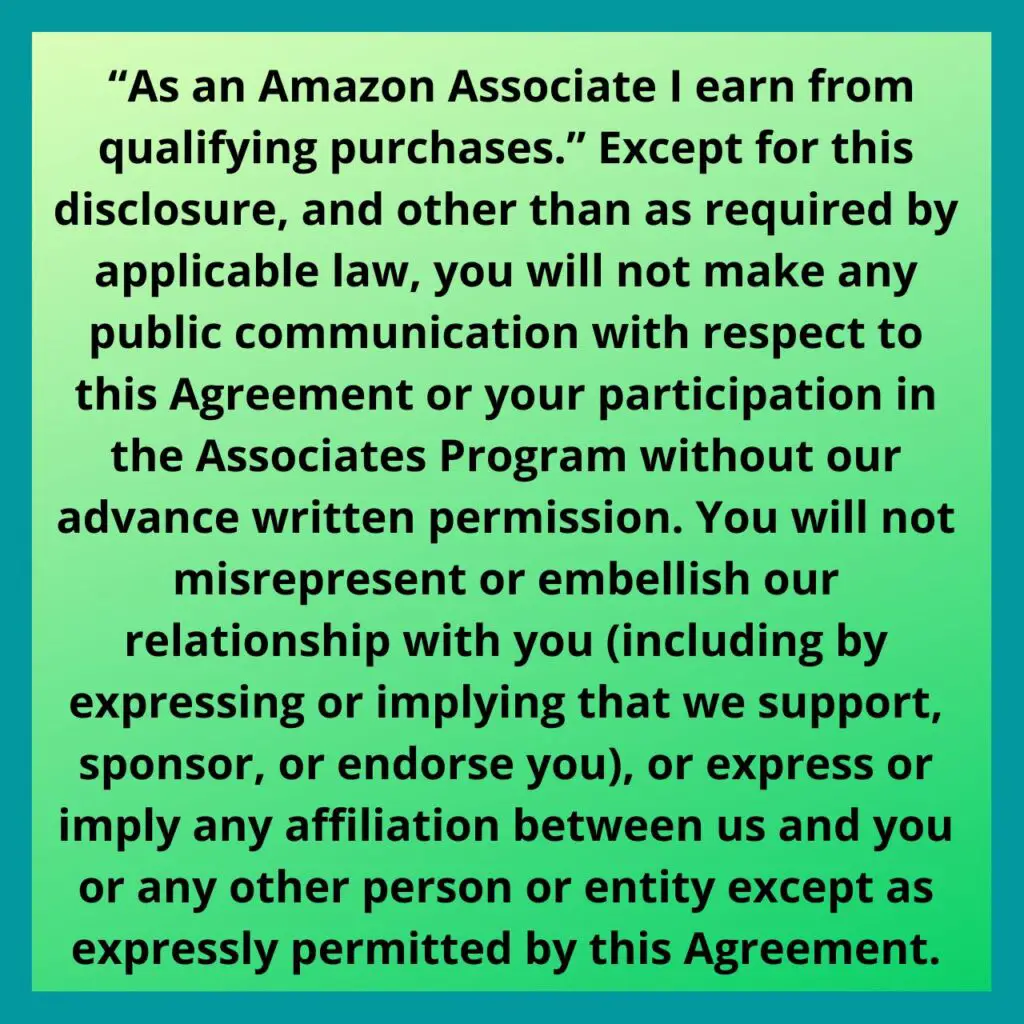By Katie Conroy – kconroy@advicemine.com advicemine.com Buying or renting a home is a major commitment. Not only will it require a lot of time and energy, but it will also come with significant financial implications that will impact your future. Therefore, it’s essential to know what type of home is worth the investment and will allow yourself and your family to flourish in the years to come.
Would it be better to rent or purchase your home? What style of home will be best, and should you live in a rural or urban area? Here, The Reasonable Realtor discusses these questions and more, ultimately helping you secure the perfect home!
Should You Rent or Buy?
Owning a home is the American dream. But if you are unsure if you want to live somewhere long-term or you don’t have the money for a decent down payment, then you might want to consider renting a home. By renting, you can also eliminate the costs of maintenance and emergency repairs. Even if you hope to buy a home in the future, renting can allow you to save up for your dream home while maintaining financial stability.
Keep in mind that if purchasing a property is your choice, reach out to a trusted and experienced real estate pro like Don Martin, The Reasonable Realtor. Then you’ll need to protect your investment on various levels. There’s homeowners insurance, of course, that most lenders will require with a mortgage. A home warranty is also a good idea, as this will help cover costs associated with repairs to items like appliances should the need arise. When looking into what home warranty is best suited for your needs and budget, home warranty reviews is a good place to start.
What Style of Home Do You Need?
Home Stratosphere notes that there are many home styles to choose from when house hunting. For example, would a single-family home be ideal for your family, or could you thrive in a multi-family home? Would you like the practicality of living in a condo or an apartment, or do you want a house on your own stretch of land?
Single-family houses will provide you with the most privacy and space, and they are ideal for larger households. However, purchasing a unit in a multi-family property, a condo, or an apartment could save you some money and prove a comfortable living environment if you have a smaller family.
What Specifications Are Necessary?
Once you know what style of home you will pursue, make a list of any specifications you need and desire in your new home. This pertains to anything inside the home that matters to you. For example, how many bedrooms and bathrooms does your family need, and would you like a home office, dining room, family room, or any other type of room? If you will be spending a lot of your time in the kitchen, you might prioritize features like a dual oven, storage space, an island, or a pantry. If you work from home, your home office should be located near natural light and be large enough to fit a desk, storage units, and whatever else you may need to work effectively.
You will also want to consider how many vehicles you drive and the level of protection you would like for them. For instance, if you want to preserve the paint on your vehicles, you might look for a home that comes with a garage or covered driveway. And you will quickly realize on your home search that the lot size significantly impacts the price of the property. Make sure you get as much land as your family needs to thrive, but be conscious of how many acres you may not use.
What Is the Neighborhood Like?
Finally, what type of neighborhood do you want to live in? The community you choose to live in will play a critical role in your family’s quality of life. Some families thrive in urban neighborhoods with easy access to public transportation, grocery stores, restaurants, pharmacies, and activities. Other families prefer to live in a housing development such as a cul-de-sac neighborhood, which can be ideal if you are expecting to expand your family.
Also, consider walkable neighborhoods, which ApartmentRatings.com points out are typically on the outskirts of major metropolitan areas. These types of neighborhoods can offer families a happy medium between urban and suburban neighborhoods because they are family-friendly, but also provide access to many of the amenities a city would offer. And, of course, there are rural neighborhoods in remote locations. If you are looking to maximize your space and don’t mind driving a few miles for groceries, medicine, and other necessities, your family could thrive in a rural area.
A lot goes into finding the perfect home. Rather than becoming overwhelmed, start making a plan for how you will handle the process today. Implement the tips above, and keep learning how you can pave the way for a smooth experience!
Image via Pexels
E-MAIL MONTHLY TIPS – “OF INTEREST” – home selling/owning tips and success stories, goes out once, or sometimes twice a month, to past listing customers & subscribing non-customers. THIS GROUP OPEN TO JOIN HERE!
We are a participant in the Amazon Services LLC Associates Program, an affiliate advertising program designed to provide a means for us to earn fees by linking to Amazon.com and affiliated sites.
(This post may contain affiliate links, which means if you click, or make a purchase by clicking on them, I may receive a small commission, at no additional cost to you, that will help me continue to bring you valuable content. To that end, not all of the items on this page are affiliate links, as that is not a requirement to be on this page. Thanks for your support!)
Disclaimer | Privacy Policy | Terms of Use












